KARACHI, Nov 5: The mass media, both state-run and private, have been growing, strengthening and diversifying very rapidly and their role in developing, creating, promoting and defending basic human rights and democracy in Pakistan has sharply increased in the recent past.
This was observed by Dr Zamaraeva Natalia from the Institute of Oriental Studies, Russian Science Academy, while discussing the role of the media and political changes in Pakistan, their mutual interaction and different approaches, at an interdisciplinary international conference on ‘Media and Social Change’ held at the arts faculty of Karachi University on Wednesday.
Introducing the subject of her presentation, Dr Natalia, who was a key speaker at the conference, said the founder of Pakistan Times – an English-language daily launched in Lahore in 1946 – was an opposition leader in the country’s first constituent assembly who determined the newspaper’s policy till October 1958.
But after a coup in 1958, the military administration determined the paper’s policy, she said, adding that the paper’s policy again changed when the regime changed to suit their requirements.
Referring to Articles 9, 15, 16, 17, 19, 20 of the 1973 Constitution, she said that the local laws protected the basic civil rights of people, including inviolability of the person, the freedom of movement, of speech, of association and organisation, freedom of faith, and inviolability of the home at the same time.
However, she said, the constitution was clear about the freedom of speech and of the press that was “subject to any reasonable restriction imposed by law in the interest of the glory of Islam, integrity, security or defence of Pakistan and any part thereof, friendly relations with foreign states, public order decency or morality”.
Mentioning that the process of globalisation had affected everyone in one way or the other, she pointed out that neither the media nor politics could be run in isolation.
The media and politics could not be managed without international collaborations, she said, observing that internal, state interests along with the interconnection with regional and international policy must be kept in mind while running the two.
Prof Dr M. Shamsuddin, the dean faculty of arts of Karachi University, said the international media played a key role in diffusion of mass culture to the remotest parts of the world, while referring to a report that cited the United States alone exported around 150,000 hours of entertainment programmes a year.
He said that whether conveyed by the printed word, electronic image or recorded sound, the western motion pictures, television programmes, popular music books and magazines had an impact on traditional cultures around the world.
He said the impact was so great that traditional cultures of diverse ethnic societies and nationalities were being steadily eroded and modified by this cultural intrusion, principally from dominating and rich world capitals: Washington, London and Paris.
“Hollywood exports motion pictures and television programmes to the tune of billions of dollars,” he said. In the print media, he cited the example of Reader’s Digest that attained an amazing foreign circulation of more than 12 million copies a month.
The vehicle of transmission of western values was the international media conglomerate with global interests in television, film, video, music and the print media, he said.
Highlighting the significance of the media industry development, Dr Shamsuddin said the worldwide entertainment industry, largely originating in the west, alone accounted for over $250 billion, being the second largest export of the United States after defence products.
Proper planning
Vice-chancellor of Karachi University Dr Pirzada Qaism Raza Siddiqui said that the media was a tool of social change and if not managed with proper planning it could prove disastrous for any society.
He maintained that if any change took place without proper planning in the society it could have dangerous consequences.
“We want to make Pakistan a knowledge-based society though education is not up to the mark here and people are politically sound due to the assertive media,” Dr Pirzada Qasim said.
He stressed that there must be a design for a particular and positive social change and strategies should be formed accordingly.
The media had potential and power and if both the tools were utilized in a planned manner it would be useful, otherwise it could prove disastrous for society, he added.
“A social set-up and the media are two separate entities and it is very complex to discuss their interaction,” he said, observing that it was even difficult to comment on how much interaction should take place between a social set-up and the media.
Saying that change is inevitable, he suggested that it would be better if the social change was based on proper planning.—PPI















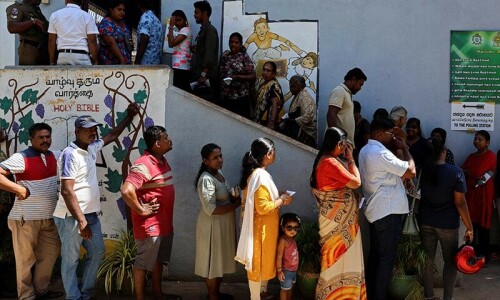

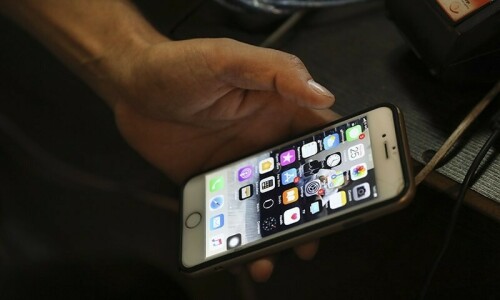
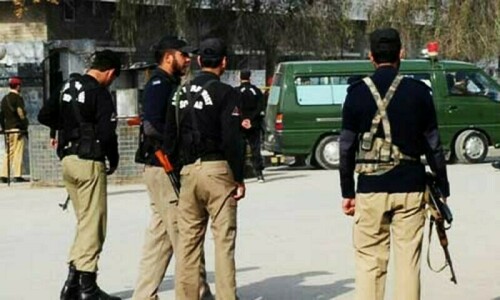

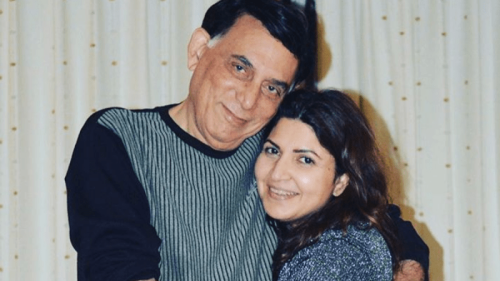
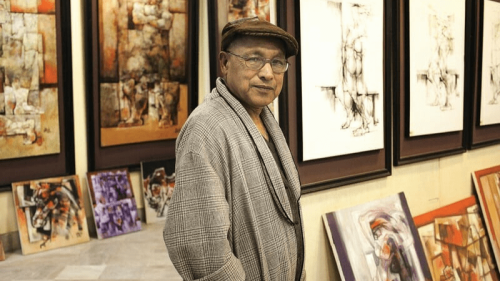
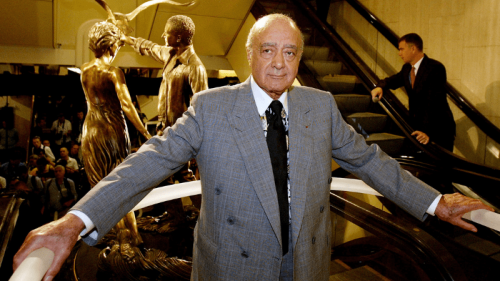









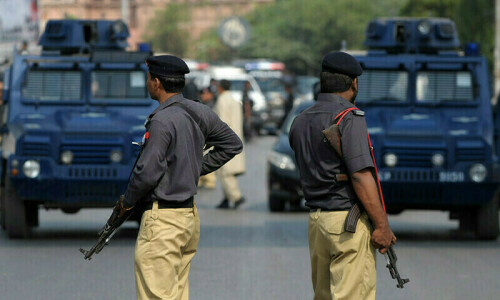




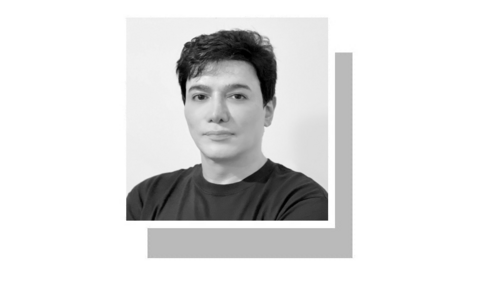




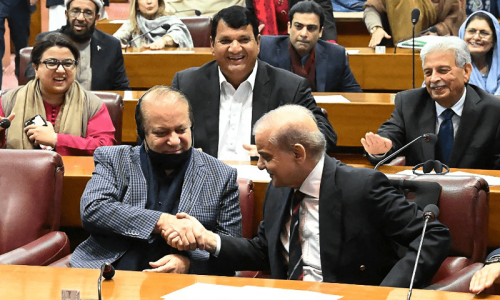
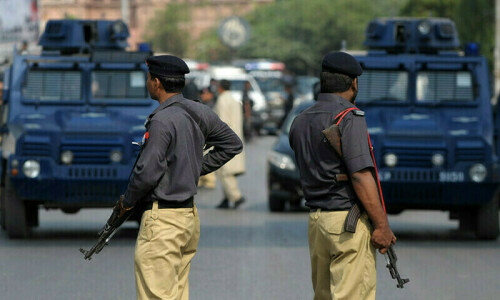


Dear visitor, the comments section is undergoing an overhaul and will return soon.